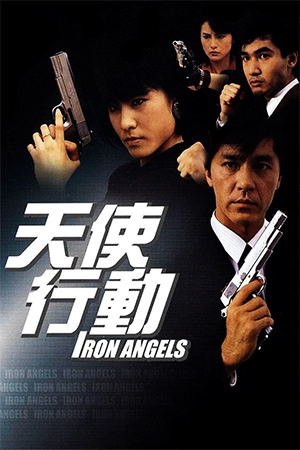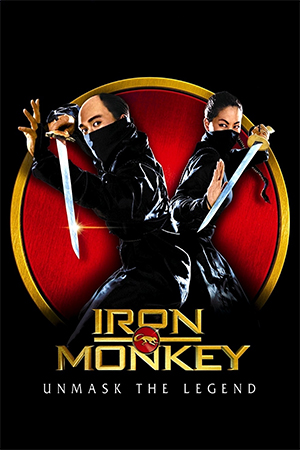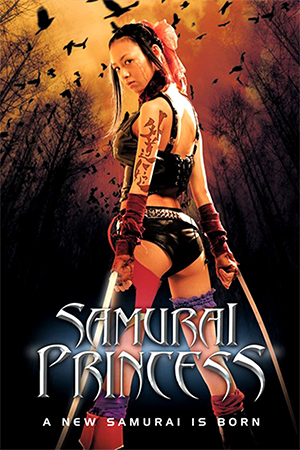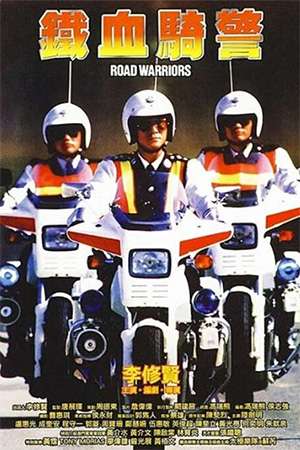It might be somewhat unfair, but when a film becomes the most successful of all time in its country’s history, the parameters of judgement are raised. Does said production deserve its esteem and why indeed has it caught the imagination in such a way that it has destroyed the competition? ‘Roaring Currents’ finds itself in this situation.
With the Japanese forces encroaching on Korean territory and troops beginning to take over the south of the country, the final naval attack is planned as a way of securing the capital. Korean admiral Sun-Shin is advised by his colleagues to disband the mostly destroyed navy and move the men to the ground fight. The Japanese fleet massively outnumbers the twelve ships left, but Sun-Shin is resolute, stubborn, perhaps even suicidal in his refusal to obey those around him. Subsequently, despite overwhelming odds against them, Sun-Shin orchestrates one last stand against the mighty Japanese navy at the battle of Myeongryang.
After scoring a massive hit in 2011 with ‘War of the Arrows’, director Kim Han-Min returns with another historical epic, this time focusing on one of the most noteworthy battles in Korean history. As the vast majority of those outside of Korea or Japan know little of this major moment in Asian history, ‘Roaring Currents’ is either a fascinating piece of edutainment or a tiresome trawl through 16th-century warfare, depending on your interest in the subject matter. That said, even those not especially intrigued will be hard pressed to find a more spectacular presentation of battle at sea – no expense is spared in bringing naval combat to the screen and a mixture of computer effects and outstanding replica work really leave a solid impression.
The only downside – and once again, how much of a downside it proves to be might depend on your interest in the subject – is the slow and methodical way that the first hour is executed. Lots of bold rhetoric from all of the characters, plotting and strategy too, but this opening half does little to stir the emotions. As the main players are famous historical figures, it almost feels as if they just appear without any need to explain their characteristics or motives. This might not be as much of a problem for those familiar with the intricacies of the event, yet for others, it may be hard work.
‘Roaring Currents’ is a confident, bold historical action film. It has drawn criticism for being too jingoistic and taking advantage of the Korean public’s supposed animosity towards the Japanese today; to some extent, there may well be some truth in the accusation. Nevertheless, films that feature famous wars or battles – whether they are made in Hollywood, France, Russia or South Korea – often have a subtle bias despite how good they might be. Of course, there are the apologetic war films that show a nation’s mistakes in a particular event, but the majority tend to try to appease their local audience first and foremost. Judging by the box office numbers, Kim Han-Min has achieved this with aplomb and delivered a swaggering epic that might not be a classic, though impresses as it progresses.
- Carry On Doctors And Nurses - January 6, 2026
- Fight For Tomorrow - December 21, 2025
- Mission Kiss And Kill - December 7, 2025






